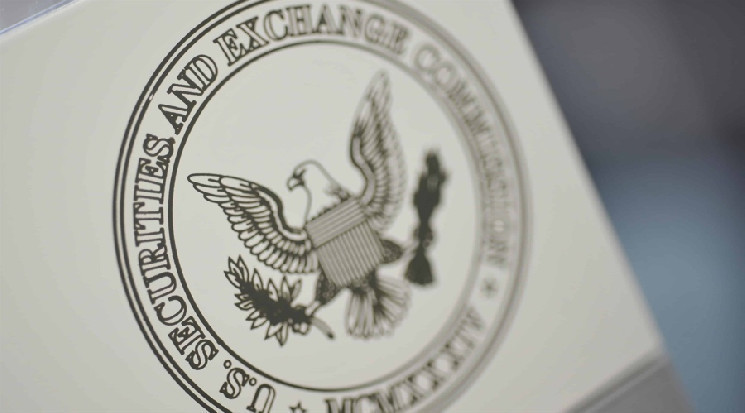The Securities and Exchange Commission (SEC) has charged WisdomTree, a popular New York-based exchange-traded funds (ETFs) issuer, with making false statements and failing to comply with its own investment criteria. According to the market watchdog statement, “WisdomTree agreed to a cease-and-desist order and censure and to pay a $4 million civil penalty.”
The SEC’s order alleges that from March 2020 to November 2022, WisdomTree misled investors and the board of trustees by claiming that three of its ESG-marketed ETFs would not invest in companies involved in fossil fuels and tobacco. Contrary to these representations, the funds invested in companies engaged in coal mining, natural gas extraction, and tobacco retail.
The regulatory body found that WisdomTree relied on data from third-party vendors that failed to adequately screen out all companies involved in fossil fuel and tobacco-related activities. Furthermore, the firm lacked proper policies and procedures to ensure compliance with its stated investment criteria.
Sanjay Wadhwa, Acting Director of the SEC’s Division of Enforcement
“When investment advisers represent that they will follow particular investment criteria, whether that is investing in, or refraining from investing in, companies involved in certain activities, they have to adhere to that criteria and appropriately disclose any limitations or exceptions to such criteria,” Sanjay Wadhwa, Acting Director of the SEC’s Division of Enforcement, commented. “By contrast, the funds at issue in today’s enforcement action made precisely the types of investments that investors would not have expected them to based on WisdomTree’s disclosures.”
Without admitting or denying the SEC’s findings, WisdomTree has agreed to a cease-and-desist order, censure, and a $4 million civil penalty.
This enforcement action highlights the SEC’s ongoing efforts to combat “greenwashing” in the rapidly growing ESG investment sector. It serves as a reminder to asset managers of the importance of accurate disclosures and robust compliance procedures in ESG-focused products.
SEC News: #SEC charges @WisdomTreeFunds with failing to adhere to its own investment critera for ESG marketed Funds. Wisdomtree did infact invest in fossil fuels and tobacco. There you have it. https://t.co/FYV0GYaUFK pic.twitter.com/H3JRQyueOl
— MartyParty (@martypartymusic) October 21, 2024
WisdomTree: A Pioneer in Cryptocurrency Funds
WisdomTree is among several issuers with their own Bitcoin ETF on Wall Street. The WisdomTree Bitcoin Fund (BTCW) tracks the spot price of the oldest cryptocurrency. Since its debut, BTCW has gained 75%, compared to Bitcoin’s 60% increase in 2024.
While it may not be the largest Bitcoin ETF out there, the company has a long history of issuing other cryptocurrency instruments on regulated exchanges worldwide.
In May, WisdomTree, in partnership with 21Shares, introduced the first crypto exchange-traded products (ETPs) in the UK for Bitcoin and Ethereum, listed on the London Stock Exchange. More notably, WisdomTree was one of the first to launch such instruments in Europe—and globally—in 2019. Today, a range of crypto ETPs and ETFs are available for trading in Amsterdam, Paris, Frankfurt, and Switzerland.
The difference between ETPs and ETFs lies in their scope and structure. ETPs encompass a wide range of investment vehicles, including ETFs, Exchange-Traded Notes (ETNs), and Exchange-Traded Commodities (ETCs). On the other hand, ETFs are a specific subset of ETPs, meaning all ETFs are ETPs, but not all ETPs qualify as ETFs. While ETPs cover various asset types and structures, ETFs are typically designed to track the performance of a particular index or sector.
Read the full article here









